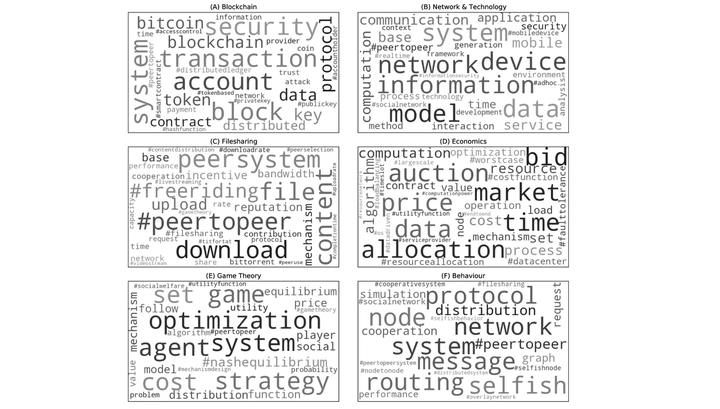Resource Allocation with Karma Mechanisms
 Image credit: Kevin Riehl
Image credit: Kevin RiehlAbstract
Monetary markets serve as established resource allocation mechanisms, typically achieving efficient solutions with limited information. However, they are susceptible to market failures, particularly under the presence of public goods, externalities, or inequality of economic power. Moreover, in many resource allocating contexts, money faces social, ethical, and legal constraints. Consequently, research increasingly explores artificial currencies and non-monetary markets, with Karma emerging as a notable concept. Karma, a non-tradeable, resource-inherent currency for prosumer resources, operates on the principles of contribution and consumption of specific resources. It embodies fairness, near incentive compatibility, Pareto-efficiency, robustness to population heterogeneity, and can incentivize a reduction in resource scarcity. The literature on Karma is scattered across disciplines, varies in scope, and lacks of conceptual clarity and coherence. Thus, this study undertakes a comprehensive review of the Karma mechanism, systematically comparing its resource allocation applications and elucidating overlooked mechanism design elements. Through a systematic mapping study, this review situates Karma within its literature context, offers a structured design parameter framework, and develops a road-map for future research directions.